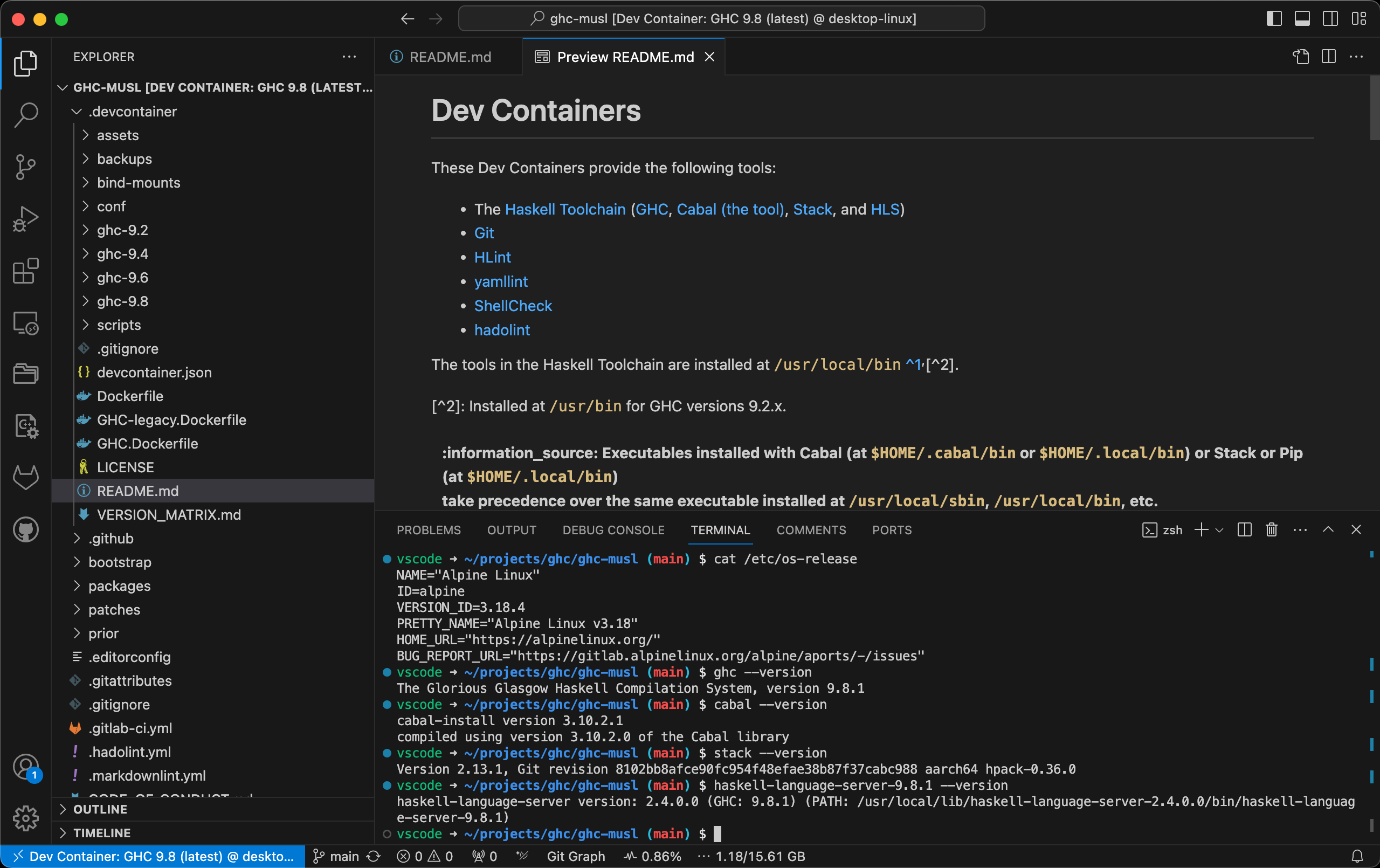I devote about 20% of my time to open-source software maintaining dev containers, docker images and deployment templates for Data Scientists, ML/AI Engineers, and the like.
(GPU accelerated) Multi-arch dev containers1:
(GPU accelerated) Multi-arch docker images1:
- (CUDA-based) JupyterLab MAX/Mojo docker stack
- (CUDA-based) JupyterLab Julia docker stack
- (CUDA-based) JupyterLab Python docker stack
- (CUDA-based) JupyterLab R docker stack
All JupyterLab images include- code-server
→Code - OSSin the browser - Neovim
- Git
- Git LFS
- Pandoc
- Zsh
GPU accelerated images include - CUDA runtime,
CUDA math libraries,
NCCL and
cuDNN
- including development libraries and headers
- code-server
- (CUDA-based) JupyterLab QGIS docker stack
--- - (CUDA-based) MAX/Mojo docker stack
- (CUDA-based) Julia docker stack
- (CUDA-based) Python docker stack
- (CUDA-based) R docker stack
Siblings2 of the JupyterLab images without- code-server
- IRKernel/IPython/IJulia
- JupyterHub/JupyterLab
- Jupyter Notebook
- LSP Servers
- Oh My Zsh
- Widgets
GPU accelerated images include - CUDA runtime,
CUDA math libraries,
NCCL and
cuDNN
- without development libraries and headers
Unofficial and untested releases3:
- Linux/LoongArch (64-bit)
- Linux/Power (64-bit)
- Linux/RISC-V (64-bit)
- Linux/s390x
- Linux/AArch64
Customised Docker Hub images1:
- Node.js
- Node releases: current, active LTS, latest maintenance LTS4
- Python
- Python versions: latest, the last two older4
- Julia
- Julia releases: stable, LTS4
- JupyterHub
Containerised source installations1:
Containerised installations1:
Deployment templates:
I follow the development of
in order to maintain GHC musl – Unofficial and untested binary distributions of GHC on Alpine Linux.
ℹ️ The multi-arch (linux/amd64, linux/arm64/v8) docker image used to build the
statically linked Linux amd64 and arm64 binary releases of
Images available at
- Quay:
quay.io/benz0li/ghc-musl - Docker Hub:
docker.io/benz0li/ghc-musl - GitLab (b-data GmbH):
glcr.b-data.ch/ghc/ghc-musl







